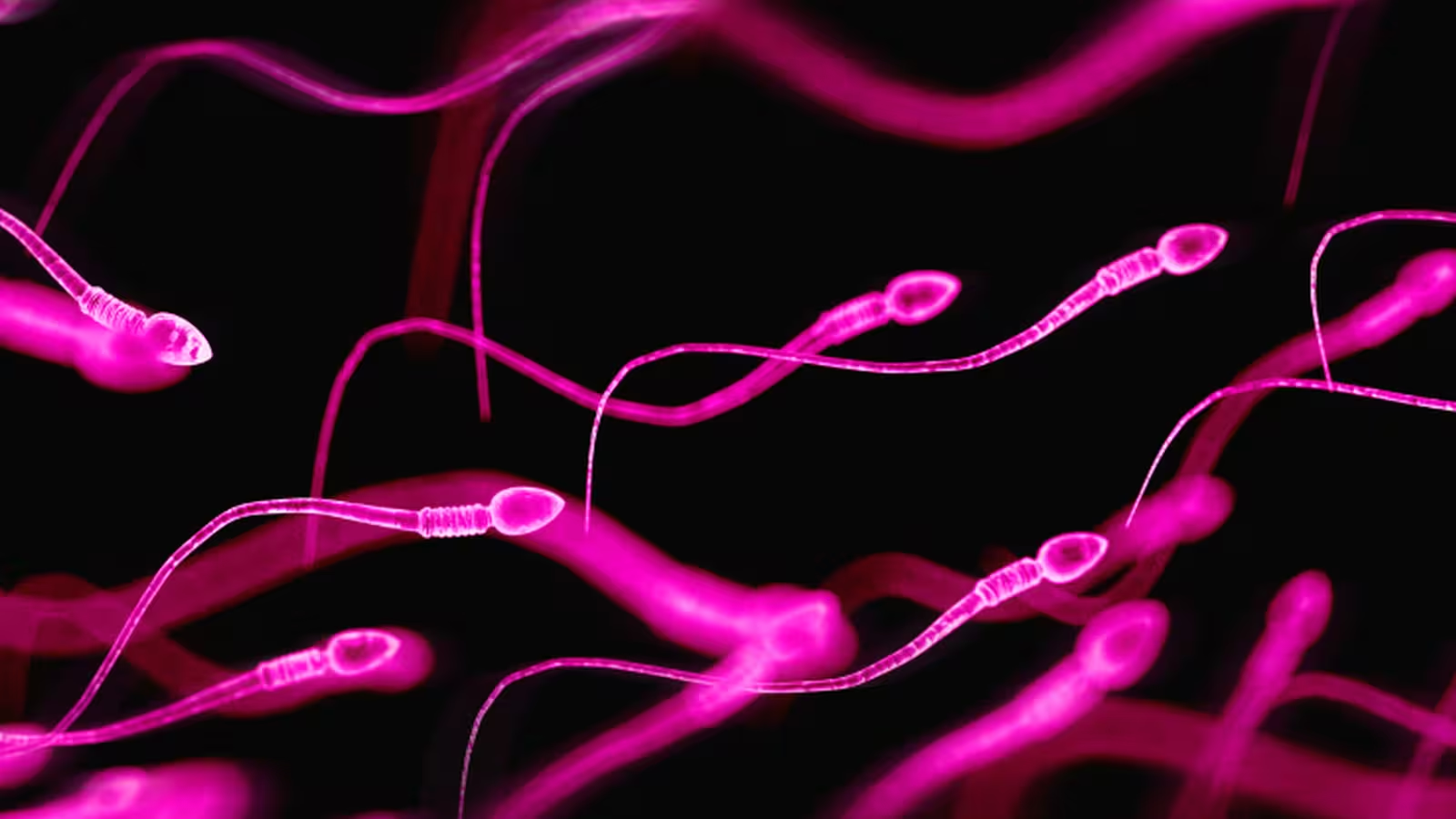5 Minutes
Understanding Seminal Plasma Hypersensitivity: An Overlooked Immune Response
For many individuals, sexual intercourse brings intimacy without incident. However, for a growing segment of the population, exposure to semen triggers reactions that go well beyond embarrassment—ranging from burning and itching to life-threatening allergic responses. This phenomenon, clinically known as seminal plasma hypersensitivity (SPH), is much more prevalent and misunderstood than previously thought.
What Is Seminal Plasma Hypersensitivity?
SPH is an allergic reaction, not to the sperm cells themselves, but to specific proteins found in the seminal plasma—the fluid part of semen that surrounds and transports sperm. Medical literature first documented this allergy in 1967, when a woman suffered a severe and sudden allergic reaction after sexual activity. Today, SPH is classified as a type I hypersensitivity reaction, the same immunological category as hay fever, peanut allergies, and reactions to cat dander.
Symptoms: From Local Discomfort to Systemic Reactions
Women with SPH might experience a spectrum of symptoms. Some face localized effects such as itching, burning, swelling, or redness of the vulva or vagina. Others develop whole-body reactions: hives, difficulty breathing, nasal congestion, dizziness, and in rare cases, anaphylaxis—a potentially fatal systemic reaction. Importantly, these symptoms can quickly subside when condoms are used during sex, providing a key diagnostic clue.
Until the late 1990s, SPH was considered exceedingly rare, with fewer than 100 reported cases worldwide. However, research led by allergist Dr. Jonathan Bernstein dramatically shifted this view. His work found that up to 12% of women reporting post-intercourse symptoms could be classified as probable SPH patients—a rate echoed in later, independent surveys. Many cases likely remain unrecognized or misdiagnosed as sexually transmitted infections, yeast overgrowth, or nonspecific sensitivities, often due to a lack of awareness among both patients and healthcare professionals. A 2024 study further reinforced that SPH is more common—and more frequently overlooked—than historical assumptions suggest.

The Science Behind Semen Allergy: The Role of Prostate-Specific Antigen
The protein most often implicated in SPH is prostate-specific antigen (PSA), which is present in all semen regardless of the male partner. This means that women who are sensitive to seminal plasma may react to semen from any male partner, not just a specific individual. Emerging evidence also suggests "cross-reactivity"—for example, the dog allergen Can f 5 closely resembles human PSA, which helps explain why some women with dog allergies may experience semen allergies as well.
In rare cases, food proteins can appear in semen, leading to reactions in partners sensitive to those allergens. Notably, there are case reports where women experienced allergic hives after sex, likely due to trace amounts of nut proteins present in their partner’s ejaculate.
Diagnosis: Unmasking an Underdiagnosed Condition
Diagnosing SPH typically begins with a detailed patient history, focusing on the timing and consistency of symptoms in relation to semen exposure. This is often followed by specialized allergy testing, such as skin prick tests using the partner’s semen or laboratory analysis for the presence of antibodies against PSA (specifically IgE antibodies). Research has shown that washed sperm—separated from the seminal plasma—generally do not trigger allergic reactions, confirming that the allergen is located in the fluid, not the sperm cell.
Men and Semen Allergy: The Case of Post-Orgasmic Illness Syndrome (POIS)
Although SPH is most commonly reported in women, emerging evidence indicates that men may also experience allergic or autoimmune reactions to their own semen. Known as post-orgasmic illness syndrome (POIS), this condition manifests as flu-like symptoms—fatigue, muscle aches, and cognitive difficulties—immediately following ejaculation. Diagnosis is complex, but in some documented cases, allergy testing with the patient’s own semen yields positive results. Current understanding suggests both immune-mediated and allergic mechanisms may be at play.
Implications for Fertility and Treatment Options
While seminal plasma hypersensitivity does not directly cause infertility, it can complicate efforts to conceive. Total avoidance of the allergen—the standard approach for most allergies—is not a viable option for couples wishing to become pregnant. Clinical management strategies include:
- Prophylactic antihistamines (medications taken before anticipated exposure)
- Anti-inflammatory drugs
- Immunotherapy (desensitization with diluted seminal plasma)
In severe or persistent cases, assisted reproductive technologies such as in vitro fertilization (IVF) using washed sperm can help couples bypass the allergic trigger. Importantly, SPH is not synonymous with infertility; many women with this diagnosis have successfully conceived, some with standard medical care and others with additional support.
Why Does Seminal Plasma Hypersensitivity Remain a Hidden Problem?
Despite being a legitimate and treatable allergic disorder, SPH remains hidden for several reasons. Stigma, embarrassment, and the private nature of sexual symptoms often prevent individuals from seeking medical advice. Even if symptoms are discussed, a lack of awareness among clinicians can lead to misdiagnosis and unnecessary treatments. Dr. Bernstein’s landmark study revealed that nearly half the women with postcoital symptoms had never been evaluated for semen allergy, often enduring years of improper care.
If you frequently experience uncomfortable symptoms after sex—especially if symptoms resolve with condom use—you might be among those affected by this underdiagnosed hypersensitivity.
Conclusion
Seminal plasma hypersensitivity is a complex and surprisingly common allergic reaction that affects both women and, in some cases, men. Although it can cause distressing symptoms and impact quality of life, increased scientific awareness is leading to better recognition and treatment options. With further research, education, and open discussion, SPH can be addressed more effectively—helping those affected to seek care and enjoy their intimate lives without fear or discomfort.
Source: theconversation



Comments